Discover how AI is redefining learning and education
1. Introduction to artificial intelligence in education
Artificial intelligence (AI) is transforming multiple sectors, and education is no exception. Defined as the simulation of human intelligence processes by machines, AI is helping to optimize and customize the educational experience. This technology not only automates administrative tasks, but also allows new forms of teaching and learning.
Throughout history, technology has played a crucial role in the evolution of learning. From the introduction of calculators and computers to online courses, each advance has improved the way we acquire knowledge. Now, with AI, the impact is even deeper, covering from the classroom to home and institutions.
2. The impact of AI on personalized learning
AI and data analysis to adapt learning
One of the greatest contributions from AI to education is the ability to analyze large amounts of data and customize learning based on the individual needs of students. The algorithms of AI process information on the performance and preferences of the students, creating curricula adjusted to their rhythm and learning style.
Adaptive Learning Platforms
There are several adaptive learning platforms that use the IA to offer customary educational content. These platforms adjust the questions, the exercises and the content based on the progress of each student, which guarantees that the students receive the appropriate resources at the precise moment. Some tools are already applying this approach to schools and universities.
Success cases: tools that customize content
A remarkable case is the use of AI by Khan Academy. With the help of Machine Learning algorithms, this platform offers personalized recommendations based on the strengths and weaknesses of each student. This not only improves knowledge retention, but also optimizes the time dedicated to study by focusing on the areas that most need development.
3. Virtual attendees in classrooms
How chatbots help answer questions
Virtual and chatbots attendees are another manifestation of how AI is revolutionizing education. These systems allow students to receive immediate answers to their questions without the need for the direct intervention of a teacher. By using natural language processing (PLN) algorithms, chatbots can interpret complex questions and provide useful answers quickly.
The use of AI for tutorials and academic support
In addition to answering questions, virtual assistants are being used to provide custom tutorials. Tools such as Squirrel AI in China are using AI to provide individualized tutoring to students, adapting in real time to their progress. These tutorials improve academic success rates and offer support outside of traditional class schedule.
Virtual assistants and their role in improving teaching efficiency
For teachers, virtual attendees also represent a significant improvement in efficiency. These tools automate repetitive tasks, such as answering common questions, allowing teachers to concentrate on more complex tasks and direct interaction with students. This not only lies the administrative burden, but also improves the teaching and learning environment.
4. Ia for real -time evaluation and feedback
Automation of exams and tests
One of the great advantages of AI in education is the ability to automate the evaluation of tests and exams. Artificial intelligence driven can automatically correct multiple choice exams and even analyze written answers. This not only saves teachers, but also offers faster and more efficient evaluations, allowing students to receive their results almost immediately.
Immediate feedback systems and continuous improvement
With AI, students can receive immediate feedback on their performance. Different platforms use AI to evaluate students' work and provide real -time comments. This helps students correct mistakes on the march and improve their skills more effectively.
AI to evaluate soft and emotional skills
The AI is not only being used to evaluate academic knowledge, but also to measure soft and emotional skills. With facial recognition technologies and behavioral analysis, some AI platforms can detect emotions and attitudes during learning. This allows educators to better understand the emotional state of their students and adjust their pedagogical approach accordingly.
5. Artificial intelligence and inclusive learning
AI for students with disabilities
IA is transforming inclusive learning, facilitating access to education for students with disabilities. Tools such as voice assistants, image recognition and natural language processing allow students with visual, auditory or cognitive disabilities to access educational materials more effectively.
Platforms that promote accessibility
There are platforms specifically designed to improve accessibility in education. For example, Microsoft Learning Tools offers tools promoted by AI, such as text readers and automatic translators, which allow students with learning difficulties to actively participate in the classroom. In addition, tools such as Jaws (Job Access with Speech) help students with visual disabilities to navigate digital learning environments.
Reduction of barriers in global education
In addition to benefiting students with disabilities, AI is also helping to reduce educational barriers globally. By automatically translating educational content and adapting it to different cultural contexts, AI is expanding access to education in remote regions or with limited resources. This promotes greater educational equity worldwide.
6. Improvement of efficiency in educational management with AI
AI for data management and logistics in institutions
The AI is not only impacting the classroom, but also the administrative management of educational institutions. AI algorithms are optimizing the processing and analysis of large volumes of data, allowing universities and schools to make more informed and efficient decisions on the allocation of resources, admissions and follow -up of students.
Admissions and automatic assignments
The use of AI in admissions processing has allowed automating much of the process, improving both speed and precision. IA systems can analyze students' applications, taking into account multiple variables, such as academic and socio -economic history, to make more just and informed decisions. In addition, AI can help assign students in adequate programs and courses, based on their interests and skills.
Optimization of schedules and resources through AI algorithms
Another important application of AI in educational management is the optimization of schedules and resources. Through advanced algorithms, AI systems can design schedules that maximize the efficiency of teachers and students, ensuring the optimal use of facilities and resources. This not only saves institutions, but also improves educational experience by minimizing schedule conflicts and inefficient assignments.
7. AI and virtual learning environments (EVA)
The role of AI in online courses (Moocs)
Artificial intelligence is playing a crucial role in massive online courses, known as Moocs (Massive Open Online Courses). These courses have gained popularity due to their accessibility and flexibility, and AI is further enhancing its effectiveness. The algorithms of AI allow these platforms to adapt the content to the individual needs of the students, improving customization and knowledge retention.
Gamification with AI to motivate students
An emerging trend in Eva is the use of gamification assisted by AI. IA systems create gamified learning environments where students are rewarded to achieve educational milestones. AI helps analyze students' progress and adjust the challenges to maintain motivation and commitment, adapting the difficulty of content as students advance.
Virtual and augmented reality driven by Ia for immersive learning
The integration of artificial intelligence with virtual reality (VR) technologies and augmented reality (AR) is allowing immersive learning experiences. These technologies, promoted by AI, create simulated environments where students can practice real -time skills, as if they were on real -life scenarios. This has been particularly useful in fields such as medicine, engineering and natural sciences.
8. Ethical challenges and AI in education
The dilemma of the privacy of data in AI systems
One of the main ethical challenges posed by the use of AI in education is the privacy of data. The educational platforms that use large amounts of data on students, including their academic performance, behavior and learning preferences. This has generated concerns about how these data are stored, use and protect, and who has access to them.
Ia and equity: exacerbation of inequalities or gap reduction?
Although AI has the potential to reduce educational gaps, it can also exacerbate inequalities if it is not properly implemented. Students in more privileged environments may have better access to technology and platforms promoted by AI, while those in regions with less resources can be left behind. This is an important challenge to ensure that AI promotes equitable education.
How to address bias in educational algorithms
Another critical aspect is the inherent bias in the AI algorithms. Algorithms are designed and trained in data that may reflect prejudices, which can lead to unfair or inaccurate educational decisions. To combat this, it is crucial that educational platforms continually supervise their algorithms and develop mechanisms that reduce bias, ensuring fair treatment for all students.
9. AI and the future of teachers' role
The evolution of the teacher's role in an educational environment promoted by AI
In an educational environment where AI is increasingly present, the role of teachers is evolving. Teachers are no longer only knowledge transmitters, but now act as facilitators of personalized learning. The AI can take care of repetitive and administrative tasks, allowing teachers to focus more on human interaction and the development of soft skills in their students.
Teachers as facilitators of educational technology
Instead of seeing AI as a threat, many educators are adopting this technology to improve their practice. Teachers now play a key role as facilitators of educational technology, helping students to make the most of the tools promoted by AI. This includes guiding students in the use of adaptive platforms, offering emotional support and developing activities that complement technological learning.
Continuous professional development for teachers in AI
In order for teachers to effectively integrate AI in their classrooms, it is essential that they receive continuous training. Professional development in emerging technologies, including the use of artificial intelligence, has become a priority for educational institutions. This training not only improves the technical competence of teachers, but also prepares them to better guide their students in an increasingly digitized world.
10. In the creation of educational content
AI algorithms to generate didactic resources
Artificial intelligence is revolutionizing the creation of educational content through the use of algorithms that can generate personalized didactic resources. These platforms use AI to create textbooks, study materials and exams adapted to each student's learning and style, improving the educational experience and ensuring greater knowledge retention.
Healing of educational content using Machine Learning
Machine Learning, an AI branch, is being used to cure educational content efficiently. These technologies analyze large information databases, automatically selecting the most relevant resources for each student or course. This allows educators to access high quality materials without investing too much time in manual search and selection.
Personalization of textbooks and interactive materials
Thanks to AI, traditional textbooks are evolving towards personalized interactive materials. These digital books, adjusted to the progress and needs of the student, are dynamically updated to include additional explanations, exercises and adapted evaluations. This not only improves the understanding of the content, but also makes the most attractive and participatory learning.
11. Predictive models to improve academic performance
How AI predicts academic success or failure
AI has become a powerful tool to predict the academic performance of students. Using historical data, predictive models can identify patterns and factors that influence students' success or failure, allowing institutions to intervene before students face major difficulties. These systems have proven effective in improving retention rates and academic success.
Early detection of students at risk of school abandonment
One of the most valuable uses of AI in education is the early detection of students at risk of school abandonment. IA algorithms analyze factors such as academic performance, assistance and behavior to identify students who could be at risk. With this information, institutions can implement specific support strategies to help students stay in the educational system.
Analysis of academic trajectories with Big Data e Ia
The analysis of academic trajectories, assisted by Big Data and the AI, allows a deeper understanding of the educational tour of the students. When analyzing large amounts of data, institutions can identify trends in performance and progress, which helps optimize curricular planning and academic orientation, guaranteeing that students follow a successful path.
12. AI and academic research
Automated search and analysis of scientific publications
IA is also transforming academic research, facilitating automated search and analysis of scientific publications. Tools such as Semantic Scholar use AI to scan thousands of documents, identifying the most relevant articles for a researcher. This saves time and improves precision when accessing the most important information for research projects.
In the analysis of mass data for educational research
The analysis of large volumes of data, known as Big Data, has become more manageable thanks to AI. In the field of educational research, IA algorithms process huge data sets to identify patterns, trends and correlations that were previously difficult to detect. This is leading to deeper discoveries and based on the educational field.
AI and its impact on research ethics
The use of AI in research also poses questions about ethics. By automating the collection and analysis of data, it is essential to ensure that the processes are transparent and respect the ethical standards, especially with regard to the privacy of the data and the responsible use of the research results.
13. Autonomous learning experiences with AI
Platforms that allow students to learn at their own pace
Artificial intelligence is enabling more autonomous learning experiences, where students can advance at their own rhythm. The platforms use AI to adjust the level of difficulty of the content to the student's individual skills, which allows a more flexible and personalized learning process. This is especially useful in distance education environments.
Self -learning resources assisted by AI
The educational resources assisted by AI offer students the possibility of self-learning with the help of smart systems. These systems not only provide materials, but also monitor the student's progress, offering suggestions and recommendations to improve weak areas. This encourages more autonomous and self-directed learning, training students to take control of their own educational development.
The role of AI in distance and self -directed education
Distance education has experienced a significant boom thanks to AI. With technologies such as chatbots, virtual attendees and adaptive learning platforms, students have access to resources that were only available in face -to -face environments. In addition, the AI allows self -directed students to follow personalized programs that fit their needs and goals, maximizing the effectiveness of remote learning.
14. The overall impact of AI on education
Educational inequality and its mitigation with AI
At the global level, AI has the potential to mitigate educational inequalities by providing access to high quality resources in regions where it has traditionally been difficult to obtain educational materials. IA -based platforms can offer content adapted to various languages and cultures, helping to close the educational gap in rural areas or in developing countries. This significantly improves access to quality education worldwide.
AI to close gaps in education in developing countries
In many developing countries, the lack of resources and access to quality education is a great obstacle. The AI is helping to close these gaps through innovative solutions that range from accessible educational content to the automation of processes that optimize educational management. Several organizations are using AI to provide access to equitable education to thousands of children in disadvantaged areas.
The role of AI in the expansion of access to education
Artificial intelligence is expanding access to the education in unprecedented ways. Through online courses, virtual attendees and tutoring systems, students anywhere in the world can access high quality educational resources. This democratization of education is a paradigm shift promoted by AI, which allows more people, regardless of their geographical location, obtain the necessary knowledge to improve their quality of life.
15. Conclusions: The future of education promoted by AI
Future projections and trends in the use of AI in education
The use of artificial intelligence in education is only in its early stages, and the projections indicate that its impact will continue to grow. From the personalization of learning to the improvement in the administration of educational institutions, IA has the potential to transform education globally. In the future, IA tools are expected to be even more sophisticated, integrating into all aspects of the educational process.
The balance between technology and the human factor in education
While AI can offer unprecedented customization and efficiency, it is essential to maintain a balance between technology and the human factor in education. Teachers will continue to be fundamental in teaching, providing empathy, emotional support and guidance that machines cannot replicate. The challenge will be to find a way to combine the best of both worlds to improve the learning experience.
Where do we go with AI and education?
The future of education with AI is promising, but also raises questions about the ethics, equity and role of educators. As technology progresses, it will be crucial to design policies and regulations that guarantee a responsible and equitable use of AI in education. With the appropriate approach, artificial intelligence can be a powerful tool to improve accessibility, customization and quality of education for all.
Frequent questions
1. How is AI personalizing education?
The AI analyzes data on the performance of students to adjust the educational content according to their individual needs, providing adaptive and personalized learning.
2. What role do virtual attendees play in education?
Virtual attendees help students by providing immediate responses, personalized tutorials and academic support outside the classroom, improving efficiency for both students and teachers.
3. What impact does AI have on students with disabilities?
IA has improved accessibility in education, providing tools such as text readers and voice recognition software that allow students with disabilities to access educational materials.
4. How can IA detect students at risk of school abandonment?
IA algorithms analyze factors such as academic performance and assistance to identify students at risk, allowing institutions to intervene before they abandon their studies.
5. What ethical challenges does AI in education do?
Among the main ethical challenges are the privacy of students' data, bias in educational algorithms and the risk of exacerbating educational inequalities.



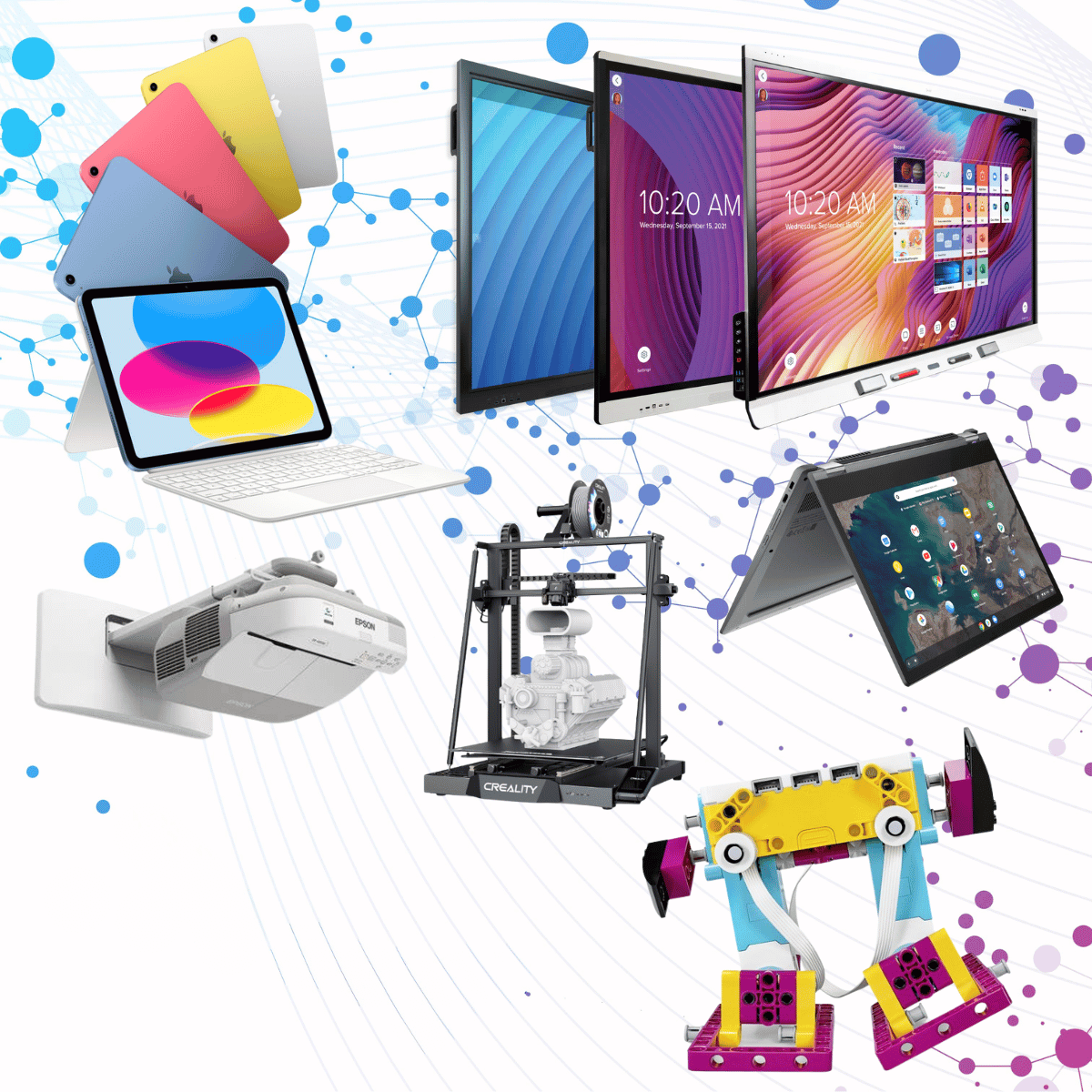
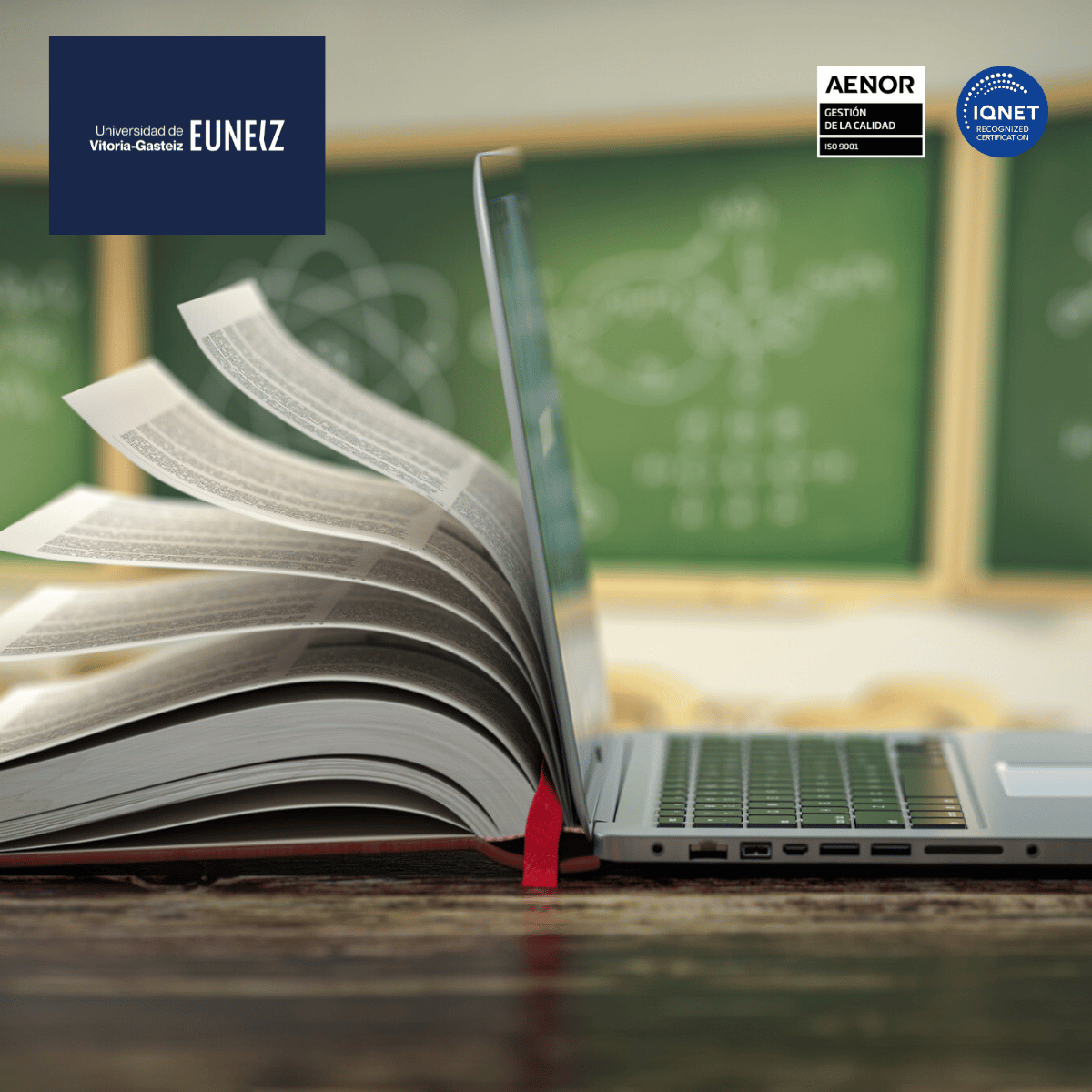
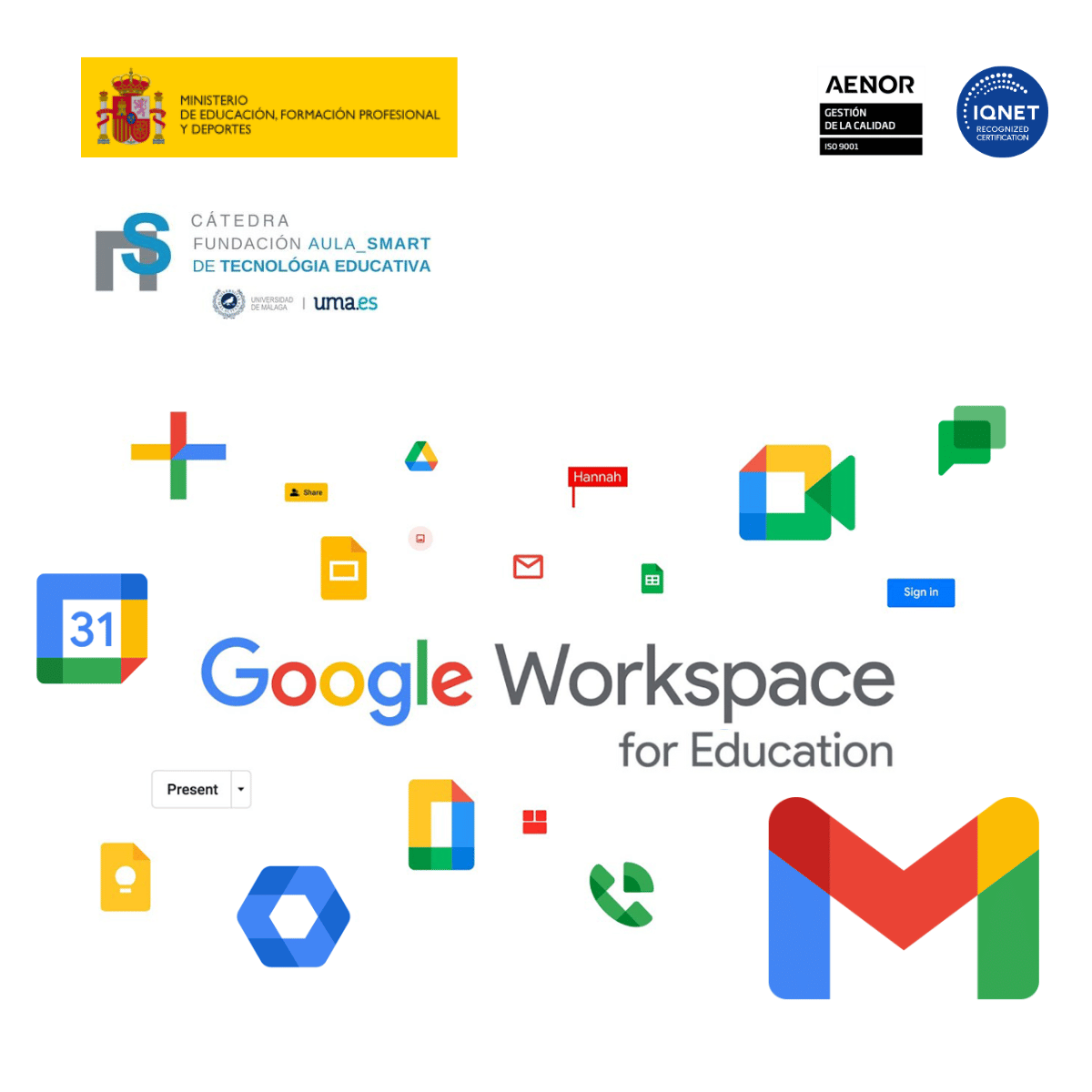
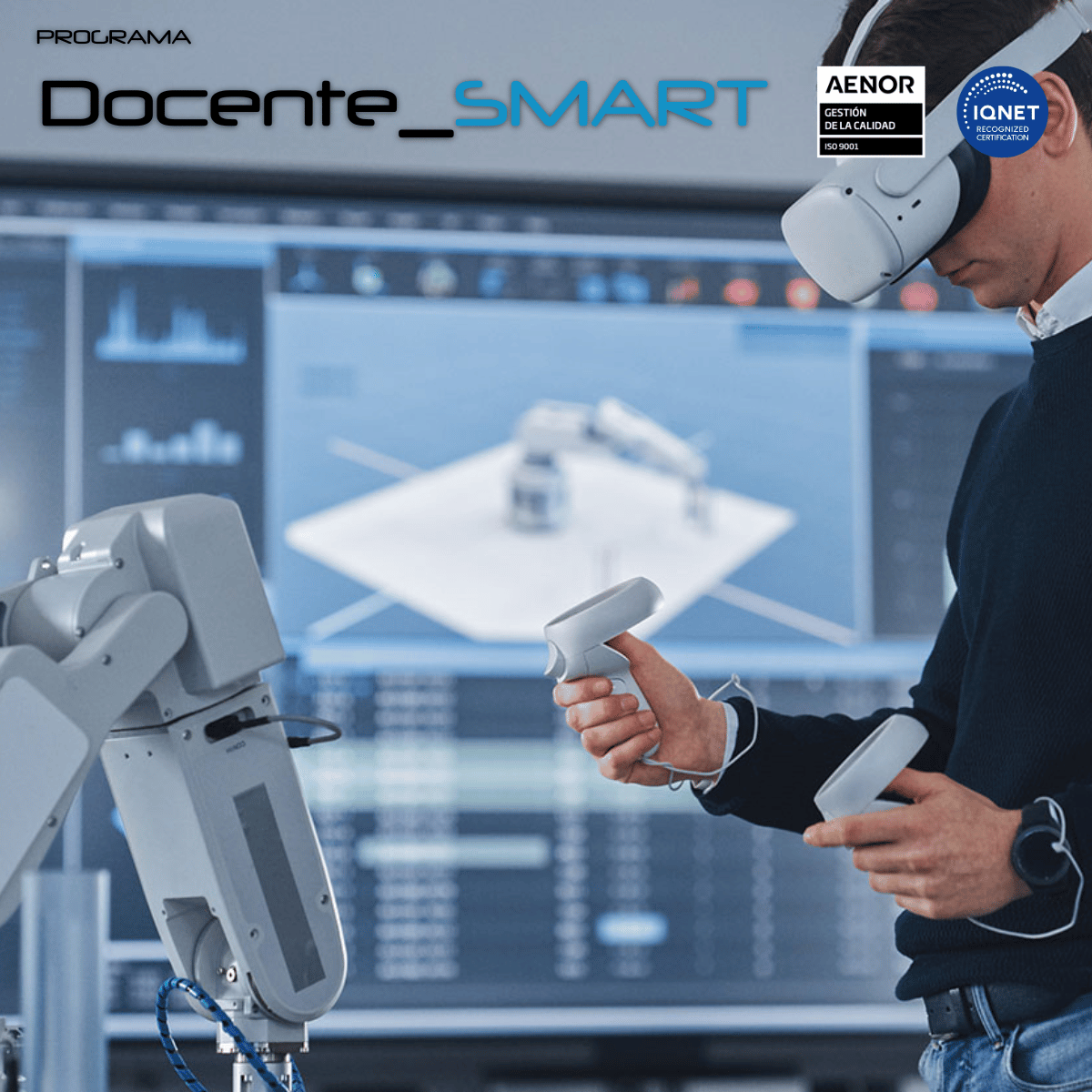


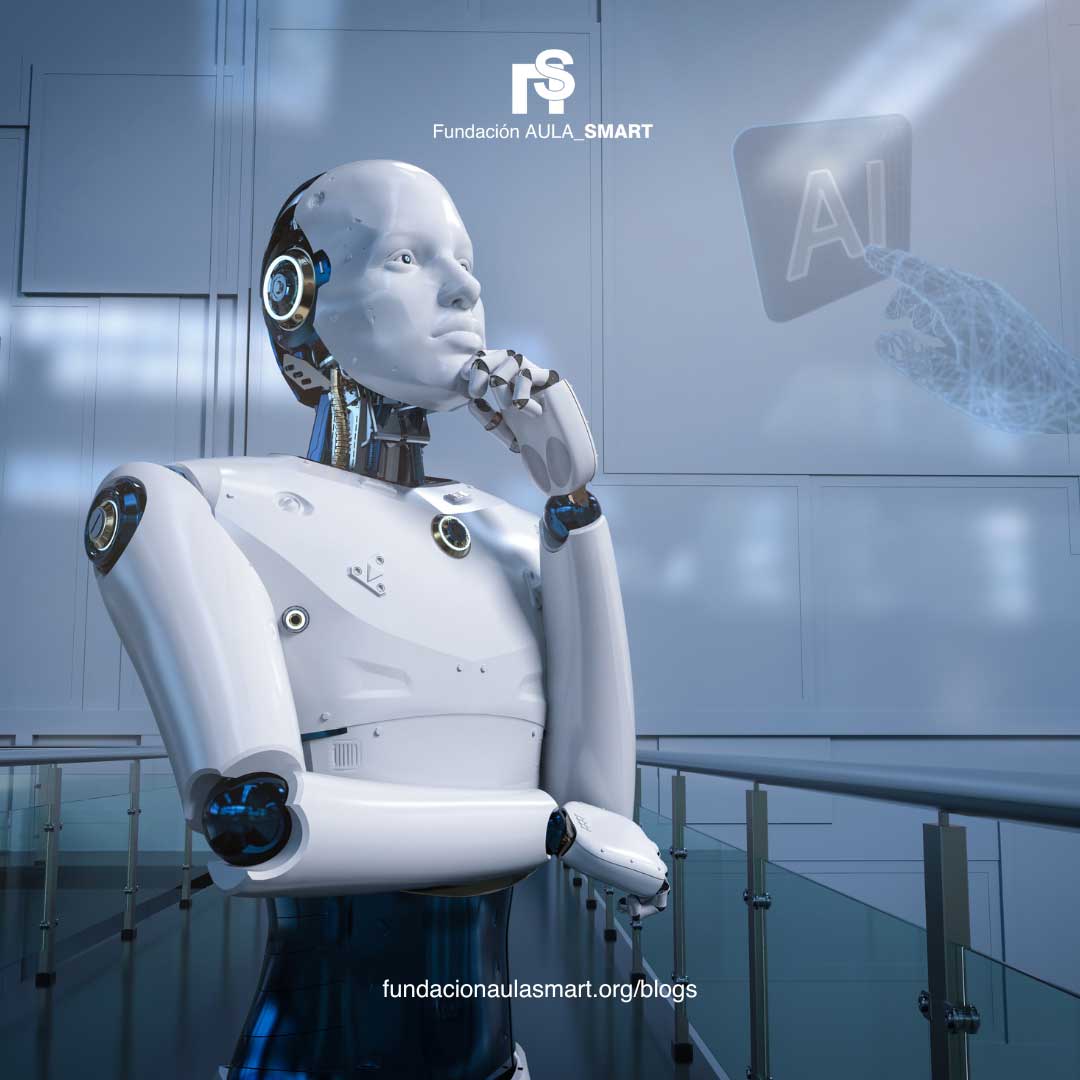



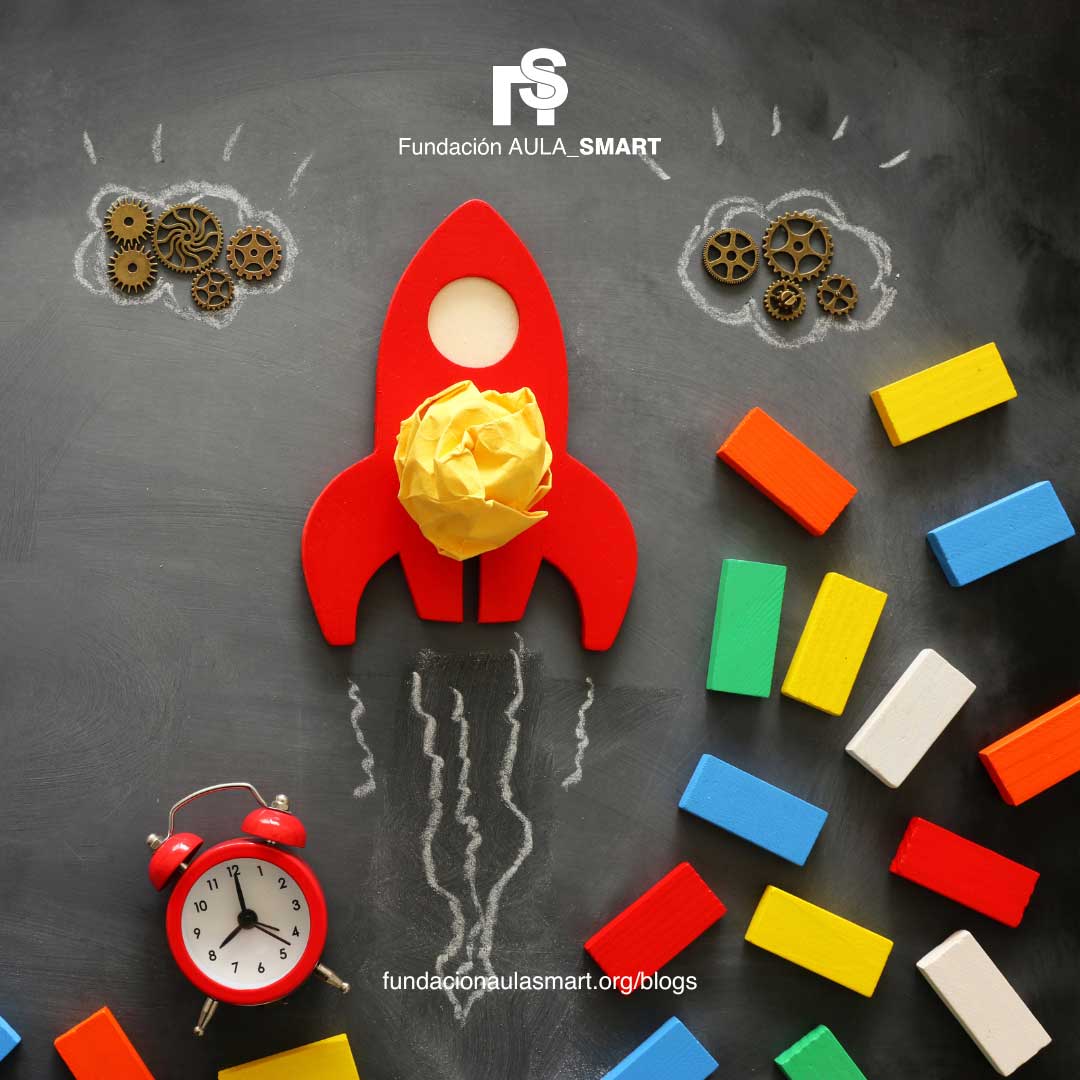
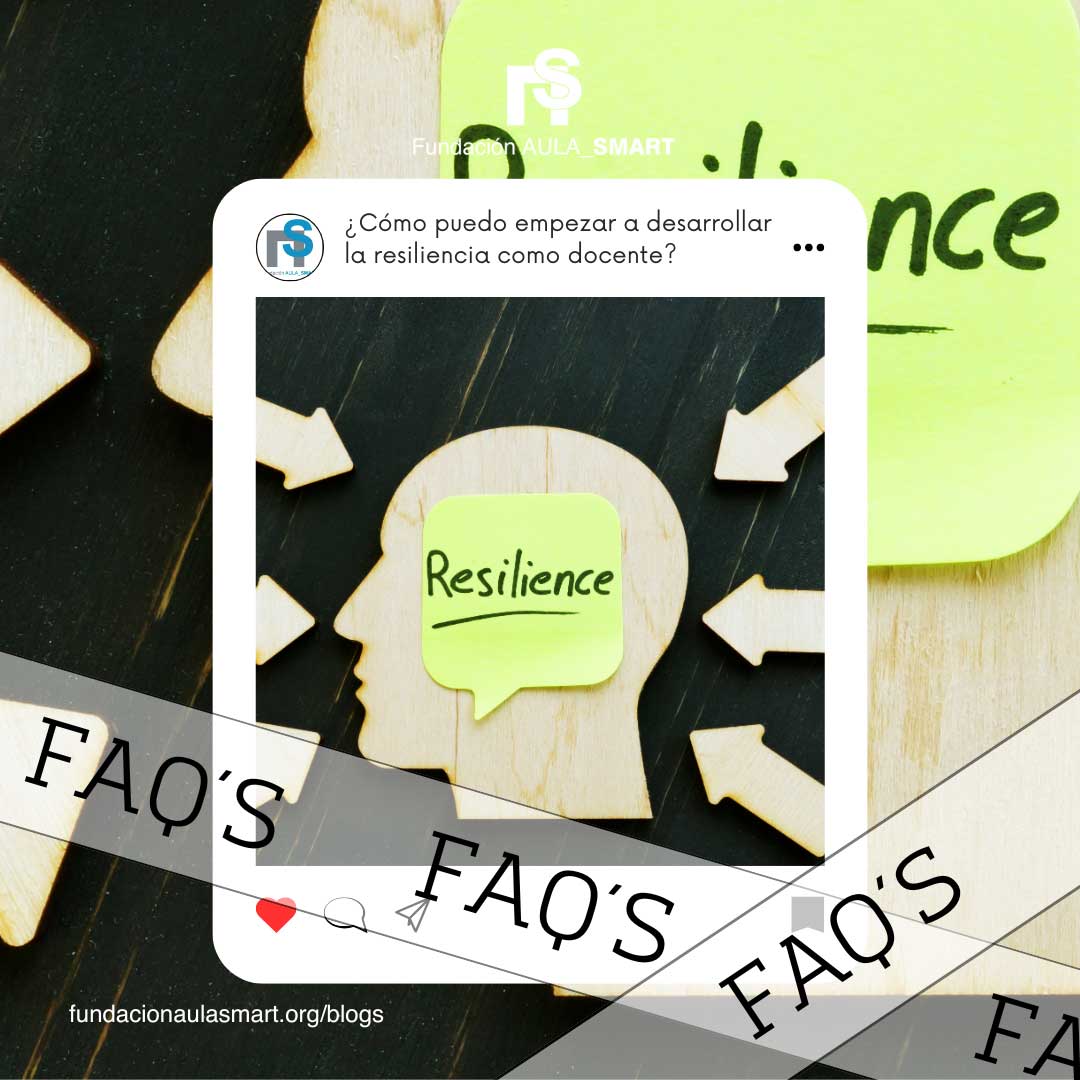
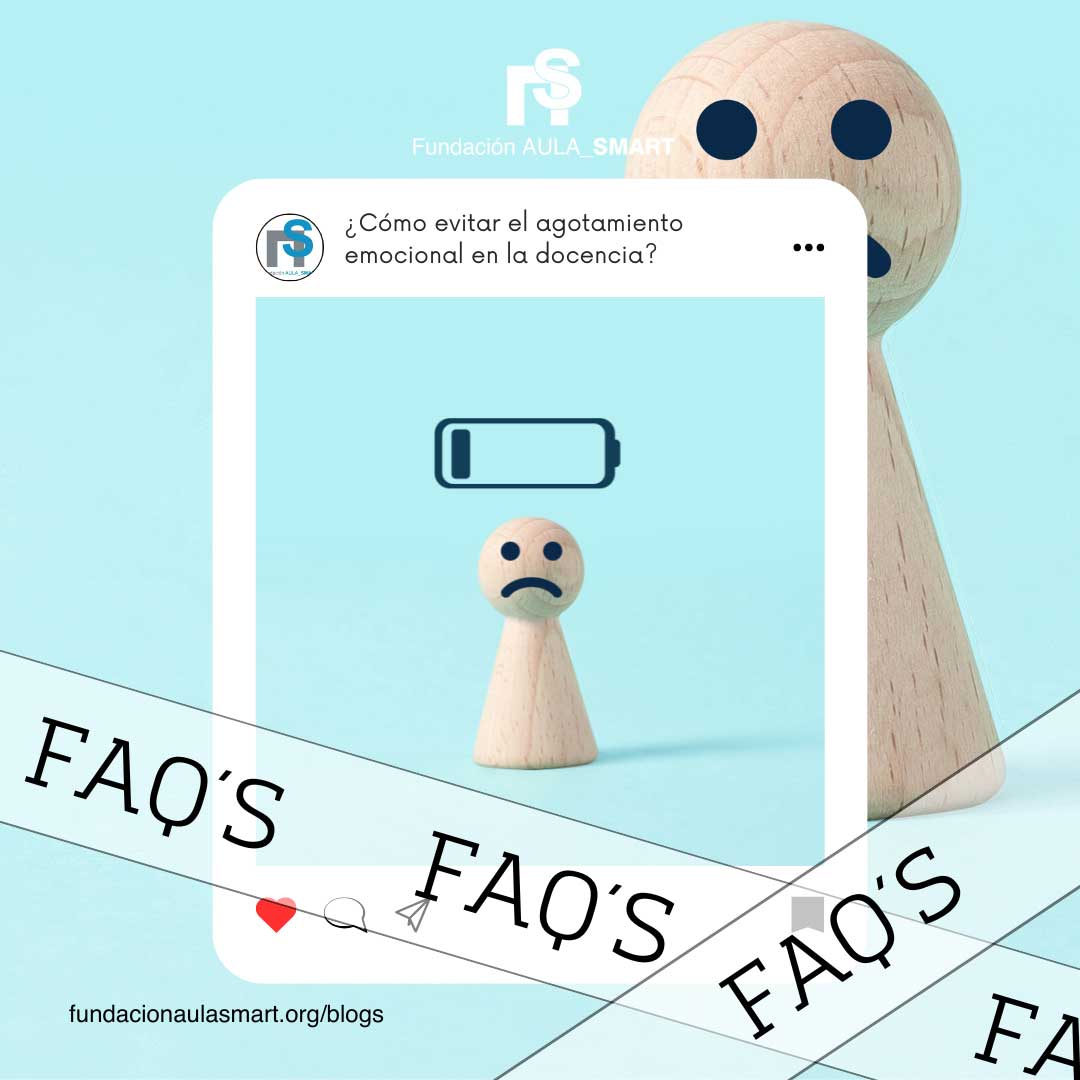





Leave a comment
All comments are moderated before being published.
This site is protected by hCaptcha and the hCaptcha Privacy Policy and Terms of Service apply.